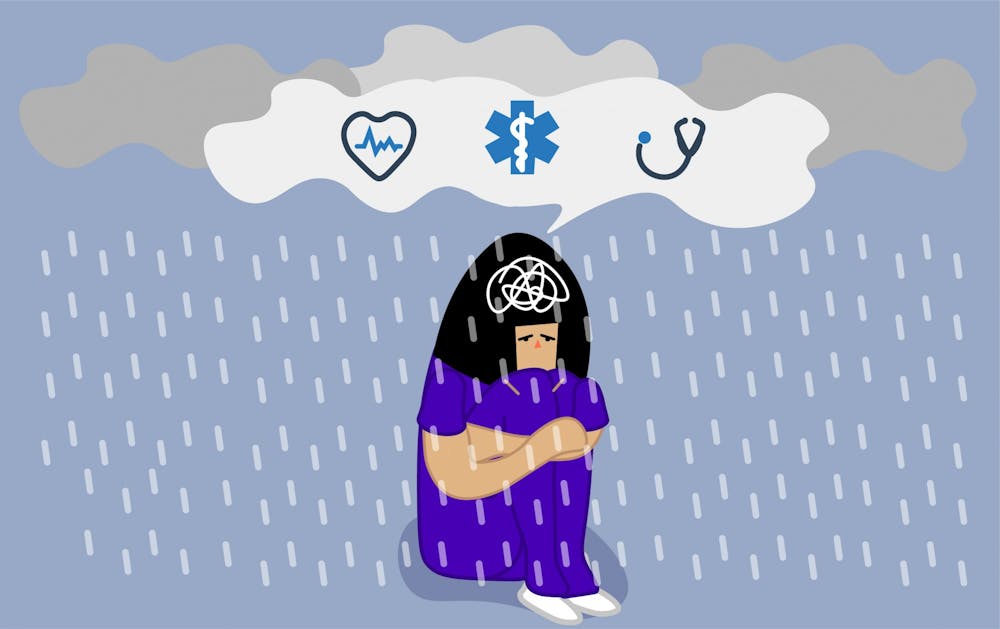In the health field, snap decisions can be the difference between life and death. In the book “Lazy, Crazy, and Disgusting: Stigma and the Undoing of Global Health,” ASU professors discuss the role of stigma in both the healthcare system and daily life.
Alex Brewis, an anthropologist and president’s professor at the School of Human Evolution and Social Change, discussed how unfounded characterizations impact the quality of care one may receive in a health setting in her new book, which focuses on what happens when interventions take a turn for the worse.
The book is the culmination of decades of work by Brewis and her fellow president’s professor, Amber Wutich. They studied stigma, or the negative treatment of someone with “undesirable” traits, and its impact on both health services and day to day life.
“The book really explores how global health efforts may be tripping themselves up,” Brewis said. “It also explores something that we already know: Stigma is emotionally and psychologically damaging for people.”
Some stigmas they focus on are obesity, cleanliness and mental illness, among others.
The book also discusses potential difficulties in enacting structural change. Brewis said working with undergraduate students, especially those who are entering health fields, could be a potential solution to reducing negative treatment based on traits.
“Working with students to identify how they themselves see their own prejudices and judgments makes an invisible problem visible,” Brewis said.
She said although the book explores the role of stigma in the health field, unfair treatment based on traits is not worse within health positions. Brewis said people with high levels of empathy are often attracted to the health field, but the stigma that does exist within the professions can play a large role in high-risk health situations.
“Lazy, Crazy, and Disgusting: Stigma and the Undoing of Global Health” also examines the things a person can do to identify their own stigmas in daily life. Although Brewis said being judgmental is a very human trait, being aware of the quality can potentially reduce a person’s stigmas.
“The book isn’t just for people who work in healthcare,” Brewis said. “We want to challenge people to be the social change.”
Yasaman Parsi, an implementation coordinator for Family Check-Up at ASU REACH Institute, said people can address their own prejudices in many ways.
“It’s hard to hate people when you get to know them,” Parsi said. “Step out of your box and attend an event, introduce yourself to someone or take a class that isn’t within your norm.”
Parsi said people who wish to identify and reduce their own stigmas could do so through friendly discussion and inquisitiveness.
“It’s important to be able to say ‘I don’t know what I don’t know and I want you to help me learn,’” she said.
Parsi said stigma can go beyond race, class, gender or religion — negative judgments can occur when anything is outside of a traditional societal norm.
Lauren Haggar, a sophomore studying integrative health, said working with older patients has brought to light many inaccurate assumptions about certain groups.
Haggar worked in a nursing home while she was in high school and said the experience taught her a lot about stigmas and the impact that inaccurate judgements can have on patients.
“One group that gets characterized incorrectly all the time is the elderly,” Haggar said. “It was eye-opening to see that when it comes down to it, people of all ages and backgrounds just need care.”
Reach the reporter at kreinha3@asu.edu and follow @ReinhartKatelyn on Twitter.
Like The State Press on Facebook and follow @statepress on Twitter.




